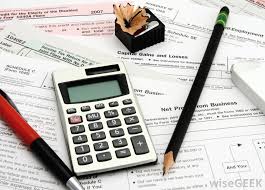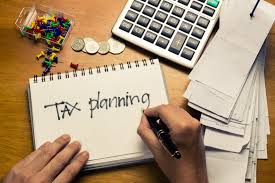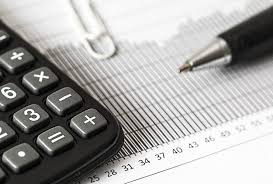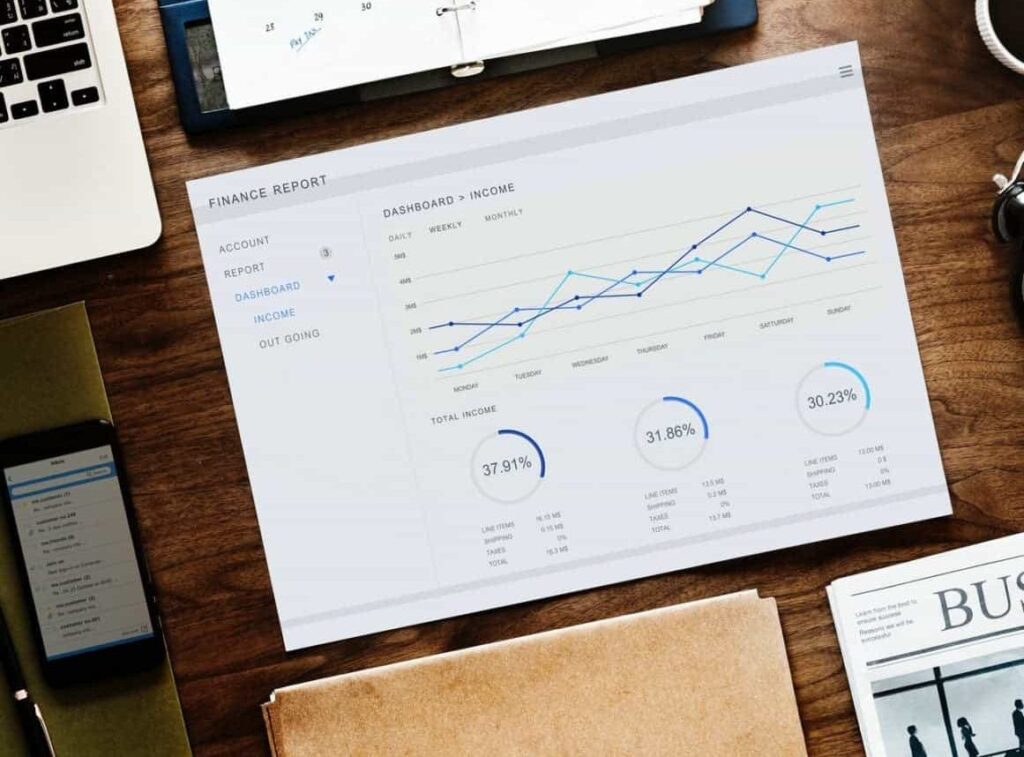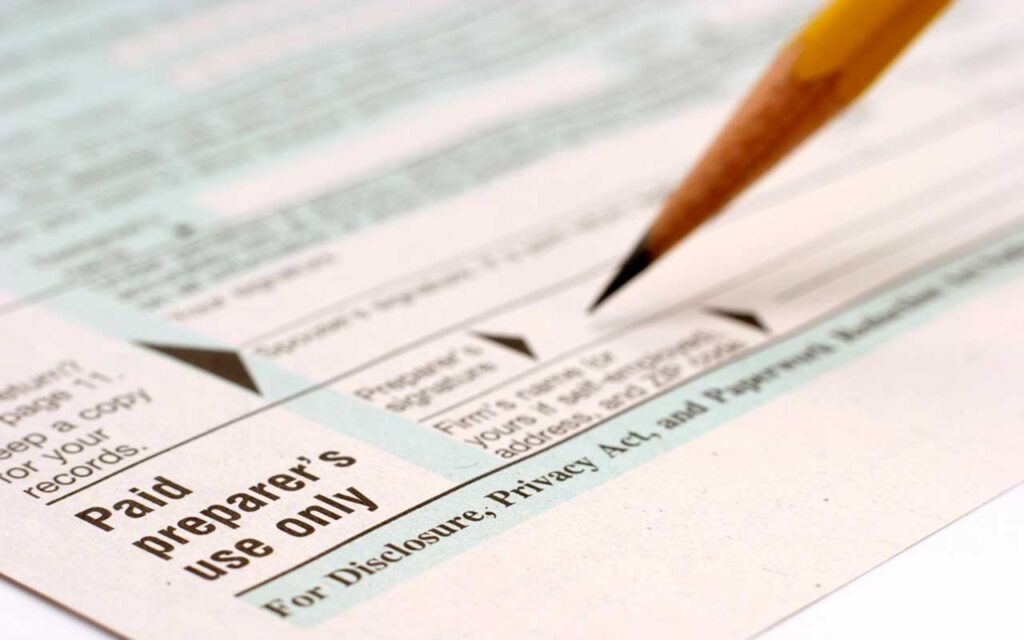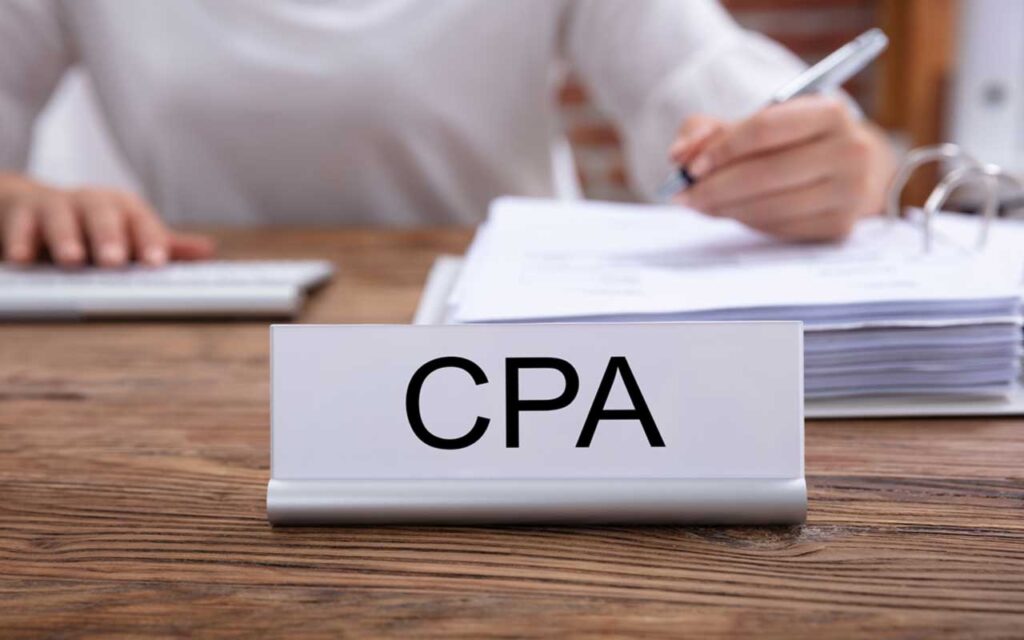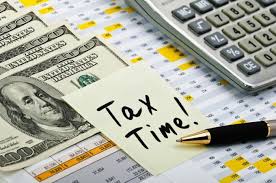Choosing An Accountant
How can I be successful in accounting?
Success in a program of study is a student’s number one priority, but it is easy to become distracted from the goal. Accounting is a field that especially needs both the theory and the practice to perform easily and confidently on a daily basis. Overall the accounting industry has a wide variety of jobs; Corporate accounting, public accounting, tax planning, etc. Whichever industry you choose, applying these concepts can help you have a great career.
Organization
Students have heard this time and time again, but they must apply it. Being organized is a huge key to the success of a student. This is true for all students, but especially accounting majors. An organization can be as minuscule as remembering class supplies — like calculators and pencils — to more critical practices, such as documenting information on spreadsheets and keeping exam dates saved in a planner. Accounting students need to juggle a lot of data for several classes, so don’t get mixed up! Adopt good organization habits early on.
Learn the Field
When taking the initiative to proactively learn about a particular field, students will be more familiar with the market. This will likely prove to be beneficial when it becomes their turn to enter the field — they will know more than students who neglected to do so.
For example, understanding the business of a client is the most important aspect of the job. In the case of auditing, understanding a client’s business quickly is critical because you are assigned to a particular client for only a few weeks and need to go through a full year’s worth of financial records. You have to figure out how they operate and what it is they’re trying to achieve. As you go from client to client, you don’t have time to sit them down and have them explain how every piece of their business works. It’s your job to take initiative and figure things out on your own. However, this idea does not just apply to auditors; it applies to most accounting fields.

Reasoning and Analytical Skills
Plenty of courses like algebra, statistics, and quantitative methods prepare students for the math involved with accounting, but being good with numbers also means being good with managing numbers as well. The world of accounting is intricate and detail-oriented and students should be able to understand and analyze numbers to the exact digit. Endless financial statements and ledgers and taxes will require plenty of brain power to solve and correctly resolve any issues, which is why reasoning and analytics play a major role in becoming a better accounting student.
Ethics and Morality
Accountants are held to a high standard because they handle the world’s money. You may have to take some law classes to understand the ethics of finances and what is legal and illegal to do. Major financial decisions that large corporations make come down to ethics and how accountants are advisors of what to do an not to do. This is why accountants are so important for the business world today.
Technology
In the 21st century, plenty of jobs are becoming obsolete because of technology providing the same service a person could do at half the cost. The trick is to learn technology and use it to your advantage. Everything runs on computerized data, so it makes sense to take a few courses relating to computer and maybe even computer programing. Students will not only have a complete understanding of the data, but also have new tools to work with to make your job a bit easier.

Skills You Need To Succeed In Accounting
Identifying the skills that lead to success in accounting will not only increase your job satisfaction, but also make it easier for you to build towards your long-term career goals.
Here are the top skills that will help you to stand out as an egg-cellent accountant. We’ve included some tips to help you start developing these skills while you’re still in school, but don’t be afraid to look for other opportunities as well!
Time management
Good time-management skills go hand-in-hand in with strong organizational capabilities. A system for managing your workload is only effective if you also know how to budget your time. As an accountant, you’ll need to manage competing priorities and juggle myriad tasks – while completing everything on time.
The ability to work within deadlines and to continually re-prioritize your to-do list will take you far. Not only will it impress your boss, co-workers and clients, it will also help you to maintain a healthy work/life balance and keep your day-to-day productive.
Adaptability
The accounting industry is highly dynamic, so accountants who are able to adapt quickly and easily are at a distinct advantage. In addition to being able to provide better services to their clients, adaptable individuals are more likely to learn and grow in their careers because they see each new challenge as an opportunity to learn and test their skills.
Embrace change – learn to make the most of every curveball that your work throws your way.
On a related note, it’s also great to be proactive. Although it takes a bit of extra effort to be informed about changes as they happen, it definitely pays off: it will keep you on the cutting edge of the industry, earn you the respect of your peers and ensure that others look to you when planning ahead.
Adaptability
The accounting industry is highly dynamic, so accountants who are able to adapt quickly and easily are at a distinct advantage. In addition to being able to provide better services to their clients, adaptable individuals are more likely to learn and grow in their careers because they see each new challenge as an opportunity to learn and test their skills.
Embrace change – learn to make the most of every curveball that your work throws your way.
On a related note, it’s also great to be proactive. Although it takes a bit of extra effort to be informed about changes as they happen, it definitely pays off: it will keep you on the cutting edge of the industry, earn you the respect of your peers and ensure that others look to you when planning ahead.

Innovation
Accountancy has been an indispensable tool of business since day one. No project can get off the ground without a tight control and solid method applied to the numbers. Innovation is needed because, as the business world evolves, so too does the accounting requirements that go with it. Often, recruiters will be looking for candidates with fresh ideas – poised to make an impact on the future of the accounting universe.
Understanding
Hand in hand with a need for innovation is the need to understand the field in which you will be working. Assimilating new information and data, project management or meeting new clients forms the backbone of daily tasks. As such, understanding information quickly is essential and it is through asking well thought out questions that you can get settled in no time.
Commercial Awareness
It’s perhaps a little surprising that people forget about this. While certain skills are basically offshoots of common sense, the need for commercial awareness is crucial. Commercial awareness is, in essence, the knowledge of how and where your business fits in the market – how it is affected by economic, social and political movements and how it can forge ahead and evolve. It is about knowing your craft.
5Enthusiasm
As with any role, enthusiasm is a key component that recruiters will look for. The ability to bring positive energy to a team and truly believe in what you are working towards is crucial. Enthusiasm is contagious; it demonstrates that you are willing to learn your trade.
Initiative
Closely aligned with understanding and enthusiasm, initiative is a must have. It proves that you can work on your own, that you are an independent thinker and in turn, it will lead to you being trusted with more responsibility. It is particularly important if you decide to become a freelance accountant at a later stage of your career.
Tips For A Successful Career In Accounting And Finance
1. Have a good mentor – mentors can provide advice based on first-hand experience to help develop leadership abilities, as well as leveraging off their connections and networks to help advance your career.
2. Have a broad skillset – Keep your work duties varied so you do not get pigeon-holed into one area of finance. Having a broad skill set will add to your marketability and mitigate risk in an ever changing business environment, especially with continual advancements in technology.
3. Be tech savvy – Use technology effectively to improve processes and create efficiencies is vital to add value in your day to day finance role.
4. Be a team player – Develop your skills into senior positions, having experience managing people is vital and becomes more important the more senior you become. It is also essential to be able to demonstrate the ability to business partner with non finance colleagues.
5. Embrace change – Today’s ever changing business environment requires finance professionals to adopt an informed and forward thinking approach to decision making.
By adopting continual learning processes and looking out for latest insights, you will be able to embrace change in a proactive way.
6. Expand your knowledge – Be proactive about your own learning and development. Research the latest developments and qualifications in the accounting and finance sector to ensure that you remain competitive.
